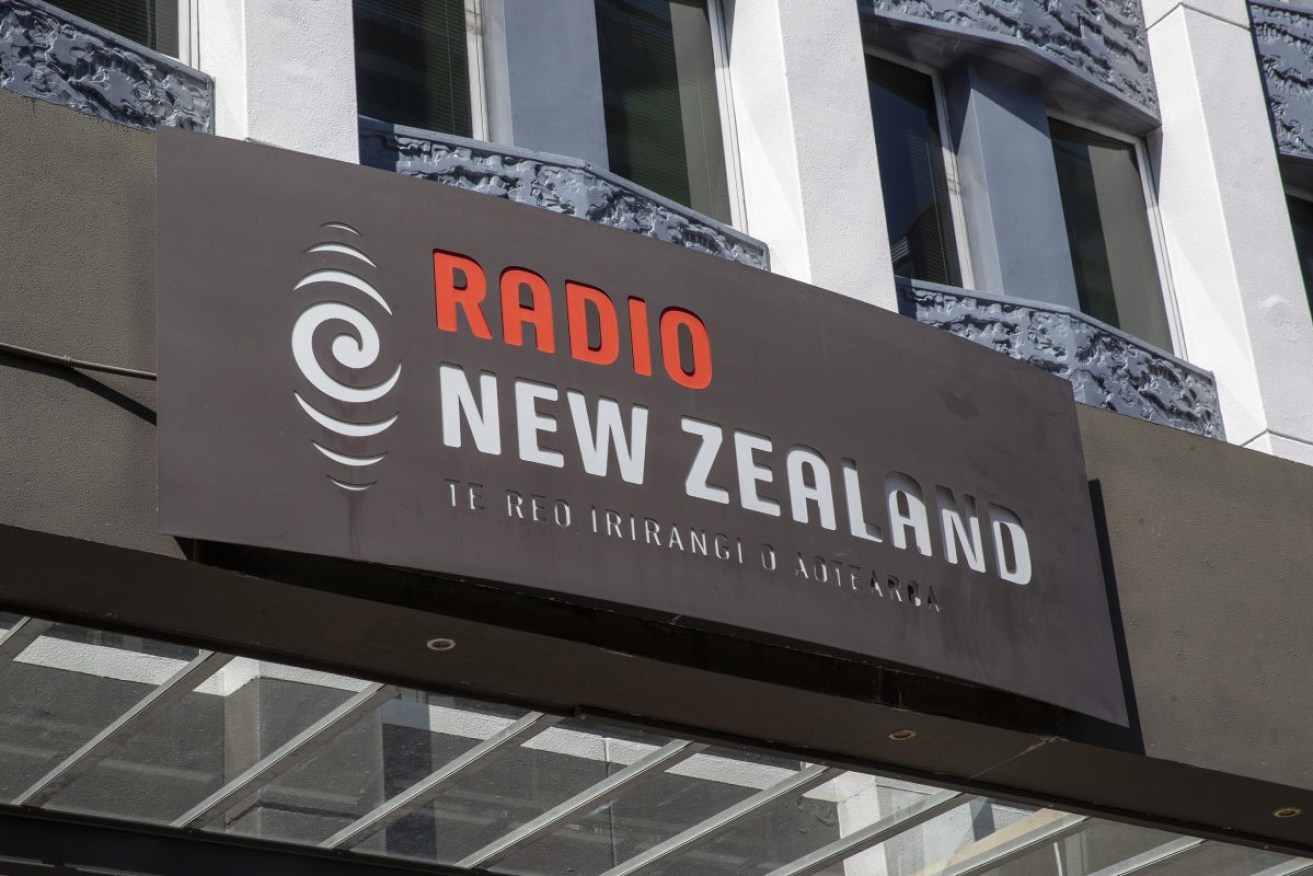NZ public broadcaster launches probe into pro-Russian story editing
New Zealand’s national radio broadcaster has launched an investigation and put a staff member on leave after a series of news stories on its website about Russia’s invasion of Ukraine were edited with a pro-Russian slant to present “a false account of events”.

Photo: Mark Mitchell/New Zealand Herald photograph via AP
Radio New Zealand (RNZ), which is government funded but has editorial independence, had by Sunday corrected 15 stories on its website dating back to April 2022 because of “inappropriate editing”.
The corrections RNZ added to the stories indicated the editing had changed the original stories to present pro-Russian interpretations of some events in Ukraine as fact.
Fourteen of the stories had been supplied by Reuters and one came from Britain’s BBC, the links to the stories show.
RNZ said in a statement it was continuing a detailed audit and analysis of all stories that could have been inappropriately edited.
RNZ is a media client of Reuters.
Neither Reuters nor the BBC responded to requests for comment.
A spokesperson for New Zealand’s minister for broadcasting and media, Willie Jackson, said the minister had been briefed on the matter and would get further updates from officials on Monday.
The broadcaster said on Friday that it had become aware of the issue without providing further specifics and started an “immediate investigation”.
It said a staff member had been put on leave and was now prevented from accessing RNZ’s computer systems.
On Saturday, RNZ chief executive Paul Thompson announced an external review of RNZ’s editing processes. The outcome of the review will be made public.
The issue became public after changes were made to a June 8 Reuters story about the use of the word “war” in Russia.
The story was edited on RNZ’s website to read that in 2014 “a pro-Russian elected government was toppled during Ukraine’s violent Maidan colour revolution”.
The piece then inaccurately claimed “Russia annexed Crimea after a referendum, as the new pro-Western government suppressed ethnic Russians in eastern and southern Ukraine”.
Pro-Russian President Viktor Yanukovich was toppled in 2014 in what became known as the Maidan Revolution after months of protests triggered by his reneging on a promise to forge tighter links with the European Union. Dozens of protesters were killed.
The referendum on Crimea was deemed a sham by Ukraine and most Western governments. They have also accused Russia of using false allegations of suppression of ethnic Russians to justify pro-Moscow separatist groups declaring independence in eastern Ukraine.
The corrected version on the RNZ site restored the original wording in the Reuters story, which stated that the “conflict in eastern Ukraine began in 2014 after a pro-Russian president was toppled in Ukraine’s Maidan Revolution and Russia annexed Crimea, with Russian-backed separatist forces fighting Ukraine’s armed forces”.
A United Nations General Assembly resolution declared the Crimea referendum as invalid, while the United Nations Human Rights Office said in 2014 that ethnic Russians in Ukraine had falsely claimed to be under assault to justify Russian intervention.
-AAP




